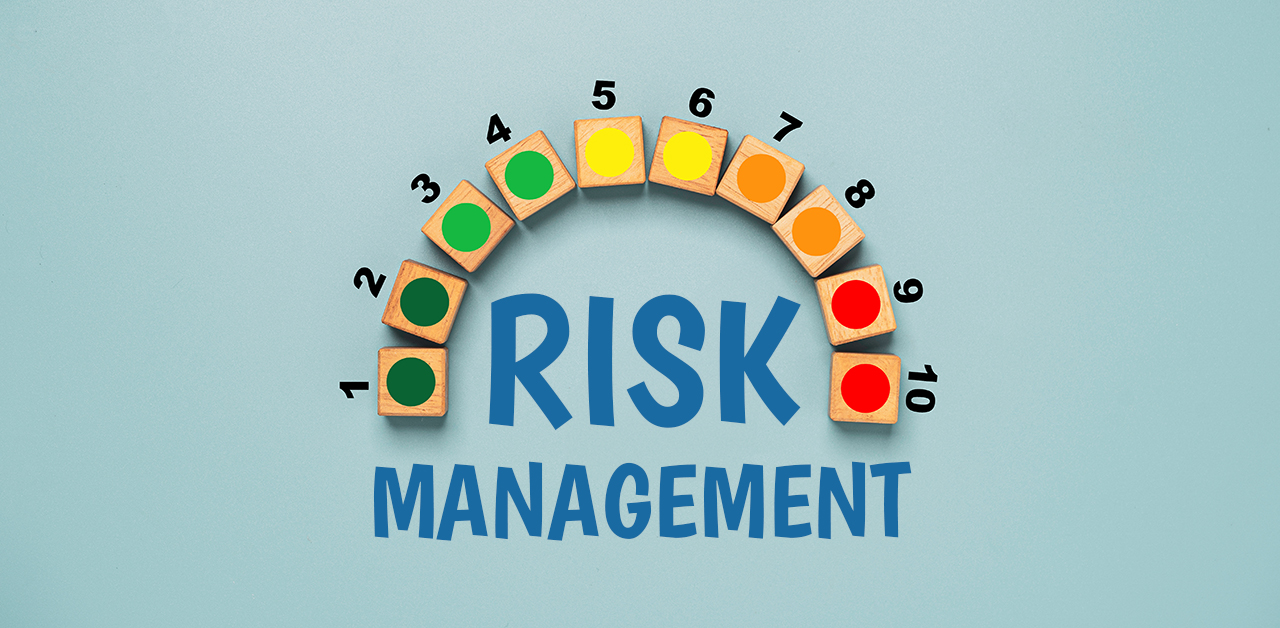Are you planning to decommission your data center in New York City? Regardless of the size of your data center, decommissioning it should be taken very seriously, and planned and executed accordingly. Failure to do so can result in damage to infrastructures, financial losses, loss or theft of sensitive data, environmental pollution and even punitive action by the concerned federal and state authorities for non-compliance of laws affecting the recycling of electronic equipment.One of the most trusted data center decommissioning company in New York City is
OceanTech, which provides its services in every part of the city, including Manhattan, Brooklyn, The Bronx, Staten Island, and Queens. Founded in 2005, this R2 certified data center decommissioning company has over 1,600 corporate clients nationwide.They have a complete data center de-installation and decommissioning team for onsite/offsite data destruction; removal of cabling, computers, servers and other equipment; disposal or recycling of equipment; floor protection, and complete project management. Their team has experience decommissioning sites with ten to hundreds of racks.But what really sets them apart from competitors is certified on-site/off-site data destruction and that they return 2 –3 times more value of your IT hardware, which is one of the reasons their clients keep coming back. This is made possible by their extensive network of buyers and sellers.
What does it involve?
Data center decommissioning doesn’t just mean deinstalling and removing the hardware and software that are at your data center. It involves a whole gamut of tasks starting from the deinstallation of hardware to site demotion. Generally, data center decommissioning involves the following:
- Transfer to useful data to new storage devices and media.
- Destruction of sensitive data from the soon-to-be decommissioned storage devices and media.
- Deinstallation and removal of cabling, servers, switches, cabinets, computers, overhead racks, etc.
- Removal of UPS, generator, cabling, furniture, etc.
- Recycling and sale of equipment and components
- Disposal of hazardous waste in compliance with state and federal safety standards.
- Site demolition and decommissioning.
These are tasks that need to be planned and executed carefully. Usually, organizations hire professionals for the job. But if you are planning to do it in-house, which is generally not recommended, you should make sure that your IT staff have the expertise, experience and the necessary equipment.
What are the important steps?
Decommissioning a data center usually takes more effort and time than you think. Here are some of the important steps you may need to take:
- Develop a comprehensive strategy for IT equipment decommissioning, asset tracking for the disposal or recycling of equipment, and site demolition.
- Create a timeline based on how quickly you want to accomplish the project.
- Review your lease agreement to find out what requirements there are for the final state of the space.
- Develop an inventory of assets to determine what needs to be retained, what can be reused/recycled and what needs to destroyed.
- Hire a service provider and ask them to come up with a comprehensive plan for deinstallation, decommissioning, disposal and recycling.
- Coordinate and work closely with the service provider to ensure that everything goes smoothly and the milestones are achieved on time.
How to choose a data center decommissioning company?
When comparing data center decommissioning service providers, you should look for the following:
- R2 Certification – a rigorously and independently audited standard for ensuring quality, safety and transparency when repairing or recycling used electronics.
- Value return for retired IT hardware
- Data security (does the vendor provide on-site/off-site certified data destruction)
- Number of corporate clients and experience in data center decommissioning
- A team with proven project management skills
So, if you are looking for a data center decommissioning company that provides quality service as well as good value for your retired hardware in New York, then OceanTech is the company you should call.


